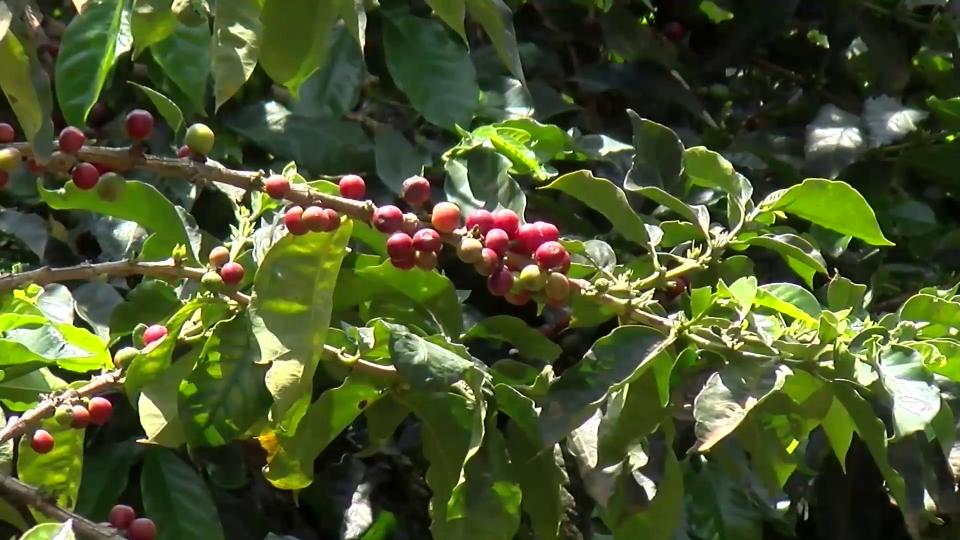

Coffee farmers from Kirinyaga County have cautioned coffee
cooperatives against submitting their data to the Ministry of Cooperatives in a
bid to frustrate efforts to enforce Direct Settlement Systems payments.
Since 2023, the government has been paying farmers through
the DSS, which has been credited with ensuring prompt payments and streamlining
coffee sales, and is run through the Co-operative Bank.
But in November last year, the ministry issued a directive
that the DSS system will from this year start paying to farmers’ accounts
directly as opposed to sending the proceeds to the co-operatives for payment to
farmers.
Paying farmers through their co-operative societies enables
them to deduct management fees, service any loans taken on behalf of farmers
and forward the rest of the money to individual farmers’ accounts.
The change has, however, faced a lot of resistance from the
farmers from most coffee-growing counties, who express concerns that the move
will kill the strong co-operative movement that has held the sector together
for decades.
The farmers, who spoke during their annual general meetings, unanimously
opposed the new model, threatening to eject board members if they heed to the
directive by the government to forward their personal data without their
consent.
“We don’t want the
government to pay us directly. We cannot risk the collapse of our co-operatives
that have been supporting us with loans and farm inputs,” Kelvin Macharia from
Mirichi cooperative society said.
The co-operative societies assist farmers in acquiring loans
against the kilogrammes of coffee delivered from financial institutions by
acting as their guarantors.
Further, paying farmers through the M-pesa will make it
difficult for them to consolidate the money to support their families, Macharia
added.
Mugo Wagikombe from Baragwi Cooperative Society claimed there is a scheme by some government officials and some banks to benefit from
the DSS system.
He wondered why the government has persisted in its
bid to implement the direct payments despite farmers’ opposition.
Gerald Murango, who is a member of Kabare Cooperative Society, said paying them directly will render many Kenyans working in co-operatives at
a time when the government is making efforts to create jobs.
“What will happen to all the loans that are yet to be
cleared? Do they expect farmers to forward the funds required to service them
to the co-operative after being paid?” he said.
Farmers’ strong opinions on the payments have left their
co-operatives’ officials in limbo with the directive expected to be enforced
from July 1 this year.
In March, Co-operatives
CS Wycliffe Oparanya praised the DSS for facilitating smooth payments and ensuring farmers
are paid on time.
Addressing farmers at Ndumberi in Kiambu, Oparanya said that from July, 80 per cent of the proceeds will be going directly to farmers pocket, while
20 per cent will go towards the co-operative societies.
He said when need arises for the co-operatives to
deduct anything more than 20 per cent, they will have to write to the ministry
detailing reasons why.
"In the reforms that we are implementing, farmers will now be getting their money through their accounts, and the leaders have agreed that this is a good system and the returns have increased," Oparanya said.



















